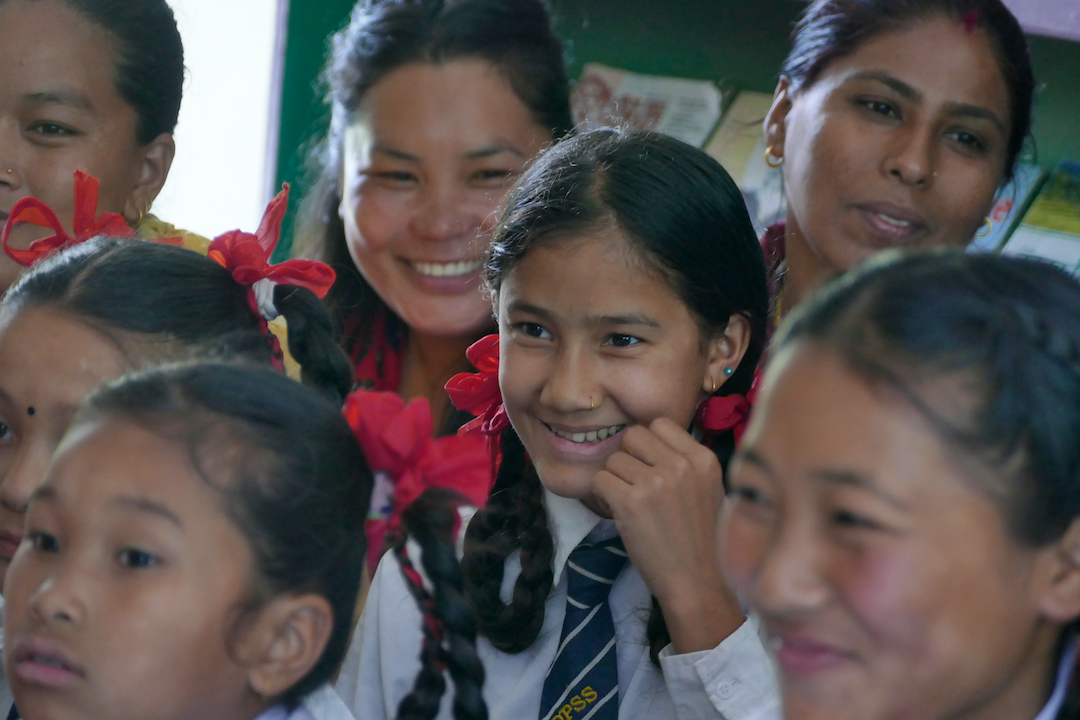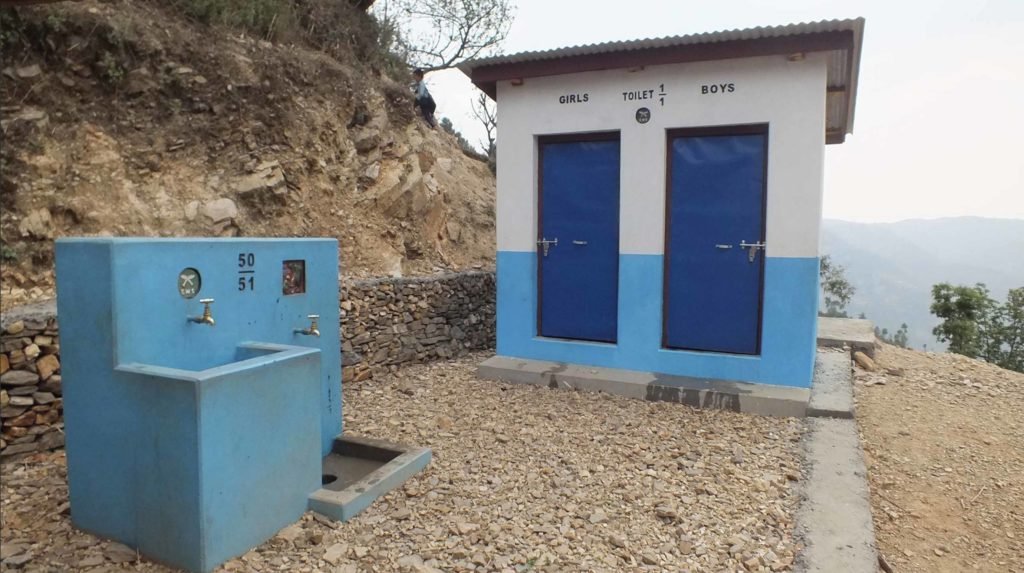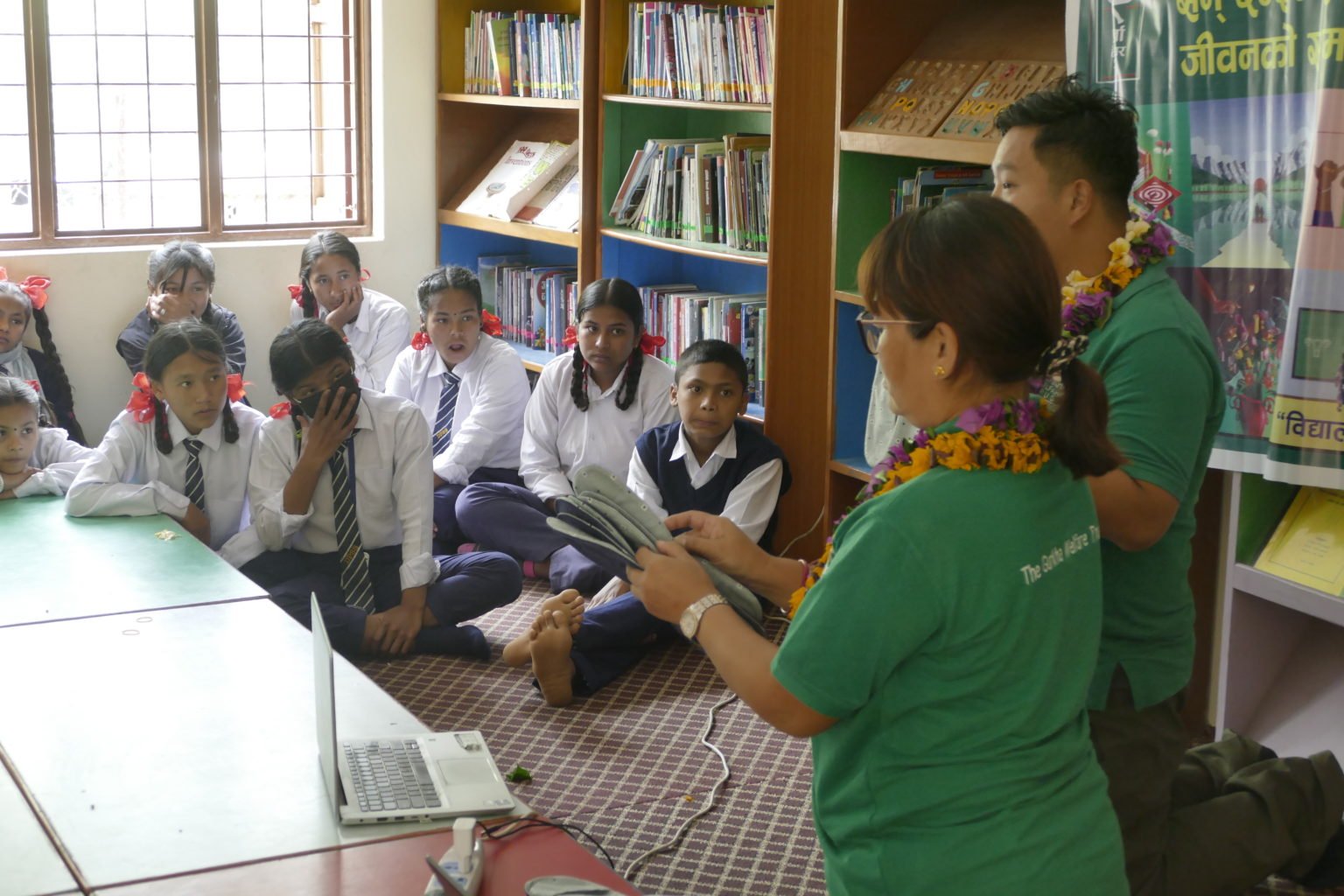World Menstrual Hygiene Day: Working to change the stigma in Nepal
/Each year on the 28th of May, we celebrate World Menstrual Hygiene Day. Around the world, millions of women and girls face exclusion and discrimination because they menstruate. The stigmatisation can prevent women and girls from getting an education, earning an income, and participating in everyday life.
If menstruation is not understood or managed effectively, it can have a negative effect on well-being for women and girls, including school attendance and learning opportunities. There are also health risks if menstrual hygiene isn’t practised correctly.
The goal of World Menstrual Hygiene Day is to end the stigma of menstruation and make it a normal fact of life by 2030.
Since 2018, the Government of Nepal has recognised the importance of Menstrual Hygiene Management (MHM) and is working to eradicate taboos and encourage dignified menstruation for all women and girls.
Helping through our school projects
Our Schools Programme builds, repairs, and improves schools in remote regions of Nepal, which in turn provides access to education and a better future for Nepali children. Since 1990, we’ve built over 300 schools across Nepal and refurbished over 2,000.
During our school building projects, we construct gender-separate toilets. Clean and separate toilets are incredibly important for female students to feel comfortable attending school during their menstrual cycle.
Empowering young girls
Our team also travels out to rural schools to provide sanitary pads and educate young girls about menstruation, as well as the importance of clean water, sanitation, and hygiene. By offering these as part of our school projects, we have seen huge improvements in female student attendance.
At our most recent menstrual health awareness programme at Shree Dudha Pokhari Secondary School in Kaski, we distributed sanitary pads to female students, and held discussions about breaking the stigma around menstruation to help girls thrive in school.
“We don’t have to feel ashamed about the menstruation,” said Bina Pariyar, a student at Shree Dudha Secondary School, after she attended one of The GWT’s workshops. “It is a natural process. We should take good care of ourselves during menstruation. We shouldn’t fear it…now I have got reusable pads, so it is very helpful. We can focus on our studies.
“Thank you, GWT for providing the pads and advocating for us. Our junior students also got to know about the importance of menstruation, so it will be helpful for them in future. Our hygiene and health will improve in the future.”
“Thanks to this programme, young girls do not have to skip school due to menstruation,” said Uttam Kumar Shrestha, the principal of Shree Dudha Pokhari. “Students can focus more on their studies. Thank you to The GWT for helping us.”





